Could TV viewers still stomach the original Big Brother?
Reality show is set to return after a five-year break
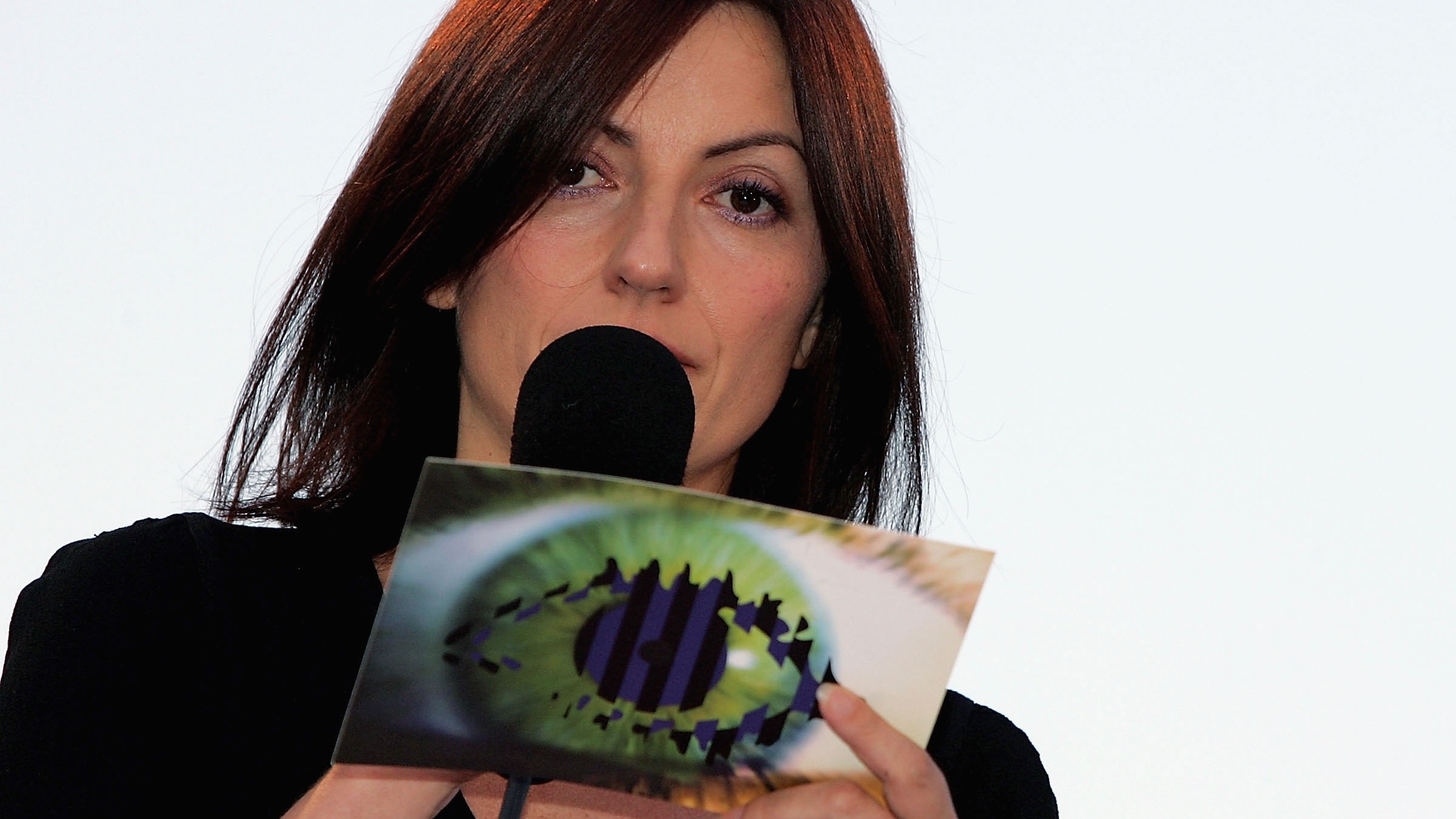
A free daily email with the biggest news stories of the day – and the best features from TheWeek.com
You are now subscribed
Your newsletter sign-up was successful
Big Brother, one of Britain’s first reality TV shows, is set to return to screens next year after it was axed in 2018.
It will air on ITV2 and ITVX, promising a “contemporary new look” and a cast of “carefully selected housemates from all walks of life” living together under strict surveillance for up to six weeks.
But a lot has changed since the show first launched on Channel 4 in 2000, partly due to the repercussions of ITV2’s existing flagship reality show Love Island. Scott Bryan at Variety is among the critics who has wondered whether Big Brother – one of the most influential reality TV shows in history – can “really thrive in today’s reality landscape”.
The Week
Escape your echo chamber. Get the facts behind the news, plus analysis from multiple perspectives.

Sign up for The Week's Free Newsletters
From our morning news briefing to a weekly Good News Newsletter, get the best of The Week delivered directly to your inbox.
From our morning news briefing to a weekly Good News Newsletter, get the best of The Week delivered directly to your inbox.
Standards ‘dragged’ into gutter
For one thing, the Big Brother house guests “drank liquor by the crateful”, said Amelia Tait in The Guardian. “Today, things are seemingly more sober.” Love Island’s “tortuous trysts are fuelled by fruit juice and nosecco”, she noted, with producers closely monitoring alcoholic intake.
Sarah Carlson, culture editor at the i news site, said Big Brother “defined 21st-century celebrity, transformed what we class as entertainment, and dragged our standards about what is considered proper and suitable for prime-time broadcast into the gutter”.
Fans will feel “nostalgic” about the show’s return, and ultimately, “a return to a simpler time” where viewers could watch contestants “having their brilliant little breakdowns in real time” without a “guilty conscience”. But when the original show aired, “aftercare and safeguarding and participant wellbeing were negligible, mere niggles compared to the task of chasing gargantuan viewing figures and cheap laughs”.
Uncomfortable viewing
“Staples that made Big Brother such addictive viewing, from providing housemates with considerable alcohol to airing full-blown arguments with minimal intervention, now wouldn’t be able to happen,” agreed Bryan in Variety.
A free daily email with the biggest news stories of the day – and the best features from TheWeek.com
Love Island put the mental health of reality stars in the spotlight after the suicides of former contestants Sophie Gradon, 32, and Mike Thalassitis, 26, and presenter Caroline Flack, 40, which prompted ITV to introduce extensive welfare measures to support participants before, during and after filming.
When E4 decided to repeat classic episodes of Big Brother to celebrate the show’s 20th anniversary in 2020, it ended up having to “awkwardly cut some scenes out”, said Bryan. Although Channel 4 had no issue showing these scenes when they originally aired, viewers today now find them “uncomfortable and unjustifiable”.
“Ultimately, contestant mental wellbeing is clearly an issue that viewers care about,” Bryan continued, and it could prove a significant challenge for Big Brother that “thrived on tension” and “providing a claustrophobic environment to stir up arguments”.
Fond memories
While reality TV fans may have “fond memories of these erstwhile-adored” shows like Big Brother, “the reason I think we love talking about them so much is because they’re in the past”, wrote Victoria Richards in The Independent.
“That’s the reason I believe we love talking about TV, foods – even scents – we remember from our childhoods and from our teens,” Richards continued. But, ultimately, “bringing them back won’t work – it only risks ruining them”.
Sorcha Bradley is a writer at The Week and a regular on “The Week Unwrapped” podcast. She worked at The Week magazine for a year and a half before taking up her current role with the digital team, where she mostly covers UK current affairs and politics. Before joining The Week, Sorcha worked at slow-news start-up Tortoise Media. She has also written for Sky News, The Sunday Times, the London Evening Standard and Grazia magazine, among other publications. She has a master’s in newspaper journalism from City, University of London, where she specialised in political journalism.
-
 Political cartoons for February 21
Political cartoons for February 21Cartoons Saturday’s political cartoons include consequences, secrets, and more
-
 Crisis in Cuba: a ‘golden opportunity’ for Washington?
Crisis in Cuba: a ‘golden opportunity’ for Washington?Talking Point The Trump administration is applying the pressure, and with Latin America swinging to the right, Havana is becoming more ‘politically isolated’
-
 5 thoroughly redacted cartoons about Pam Bondi protecting predators
5 thoroughly redacted cartoons about Pam Bondi protecting predatorsCartoons Artists take on the real victim, types of protection, and more
-
 How Utah became a media focal point
How Utah became a media focal pointIn Depth In producing the stars of #MomTok and reality TV alike, Utah has emerged as a media powerhouse
-
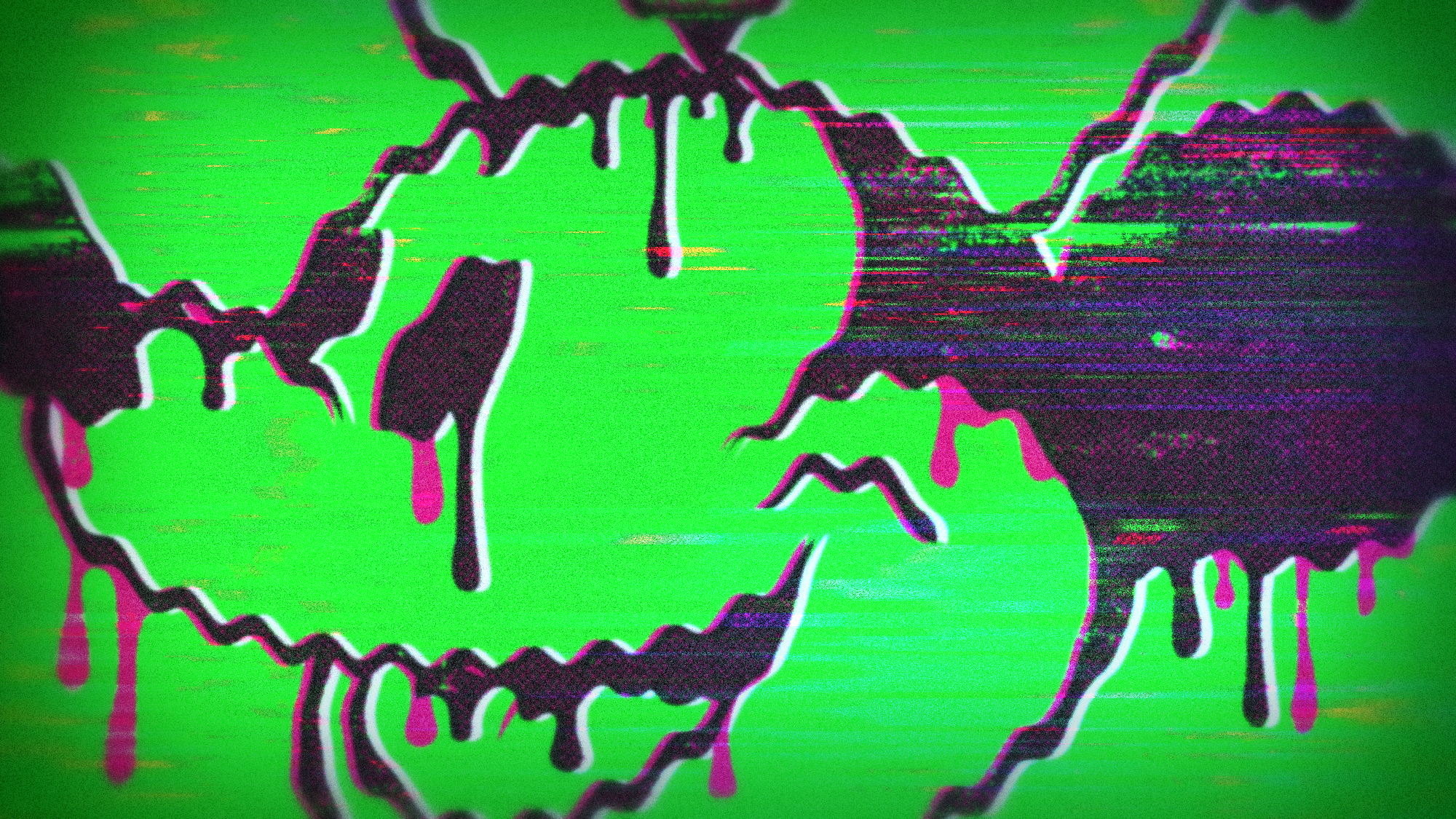 Disney bets big on AI, but not everyone sees a winner
Disney bets big on AI, but not everyone sees a winnerTalking Points The company will allow users to create their own AI content on Disney+
-
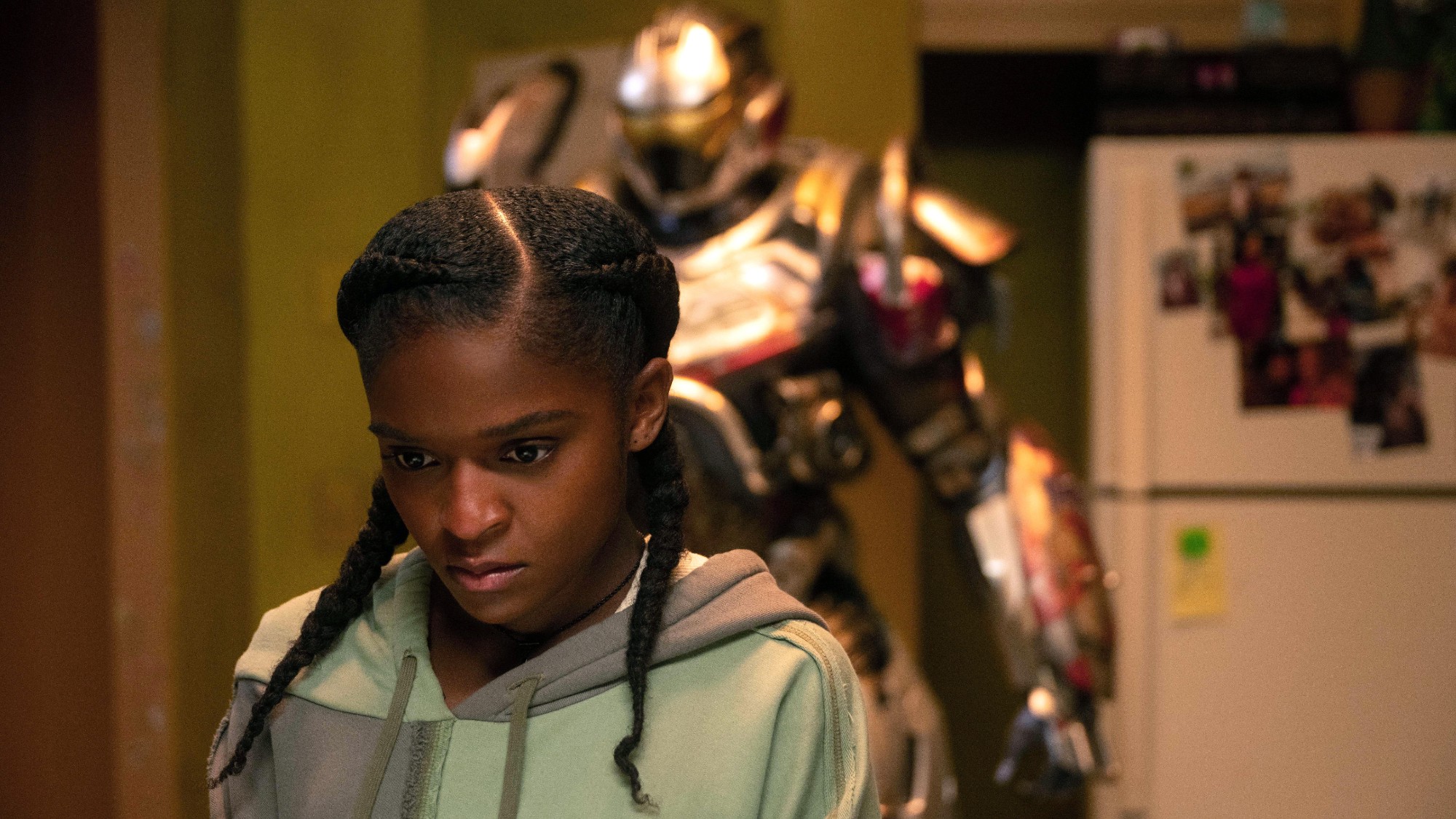 Here comes the end of 'Squid Game'! Plus more great TV shows to see this June.
Here comes the end of 'Squid Game'! Plus more great TV shows to see this June.the week recommends The next great sports comedy, a young Marvel heroine and the conclusion of 'Squid Game'
-
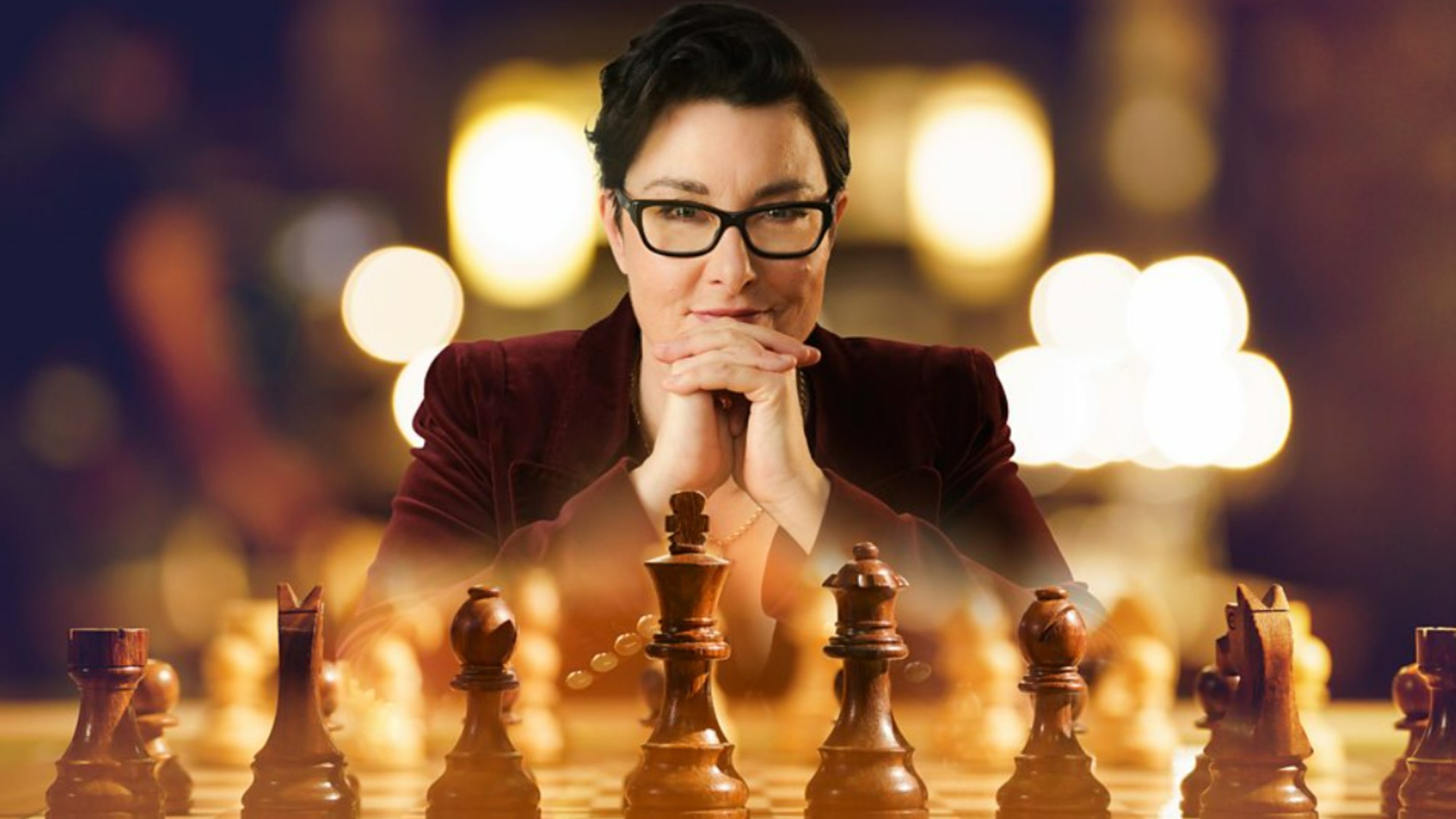 Chess on TV: a winning strategy?
Chess on TV: a winning strategy?Talking Point The popularity of chess is surging, but a new reality TV show struggles to capitalise on the craze
-
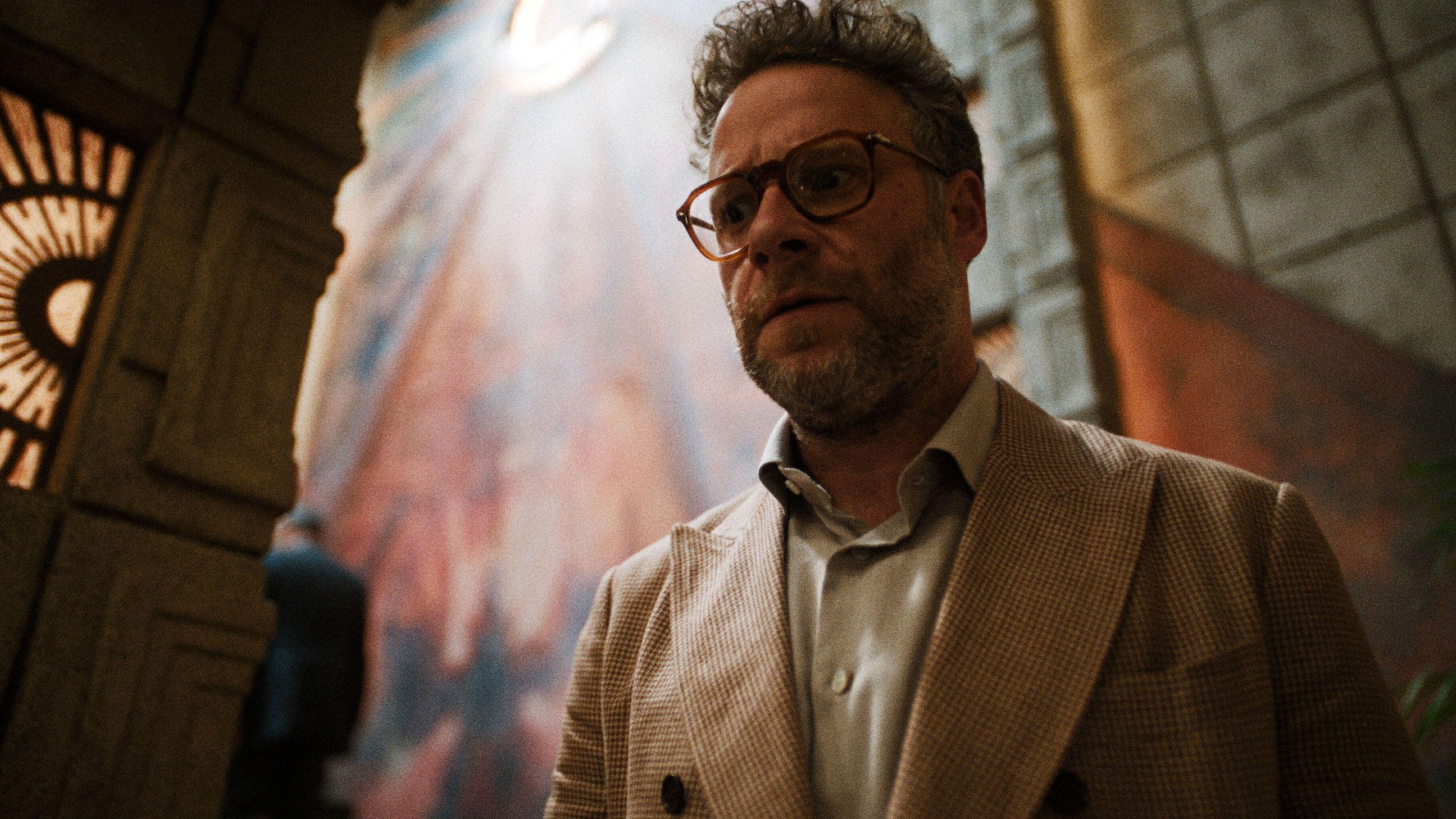 TV to watch in March, including 'The Studio' and 'Paul American'
TV to watch in March, including 'The Studio' and 'Paul American'The Week Recommends A true crime story adaptation, a reality show about the ultra-American Paul brothers and a new late night series from John Mulaney
-
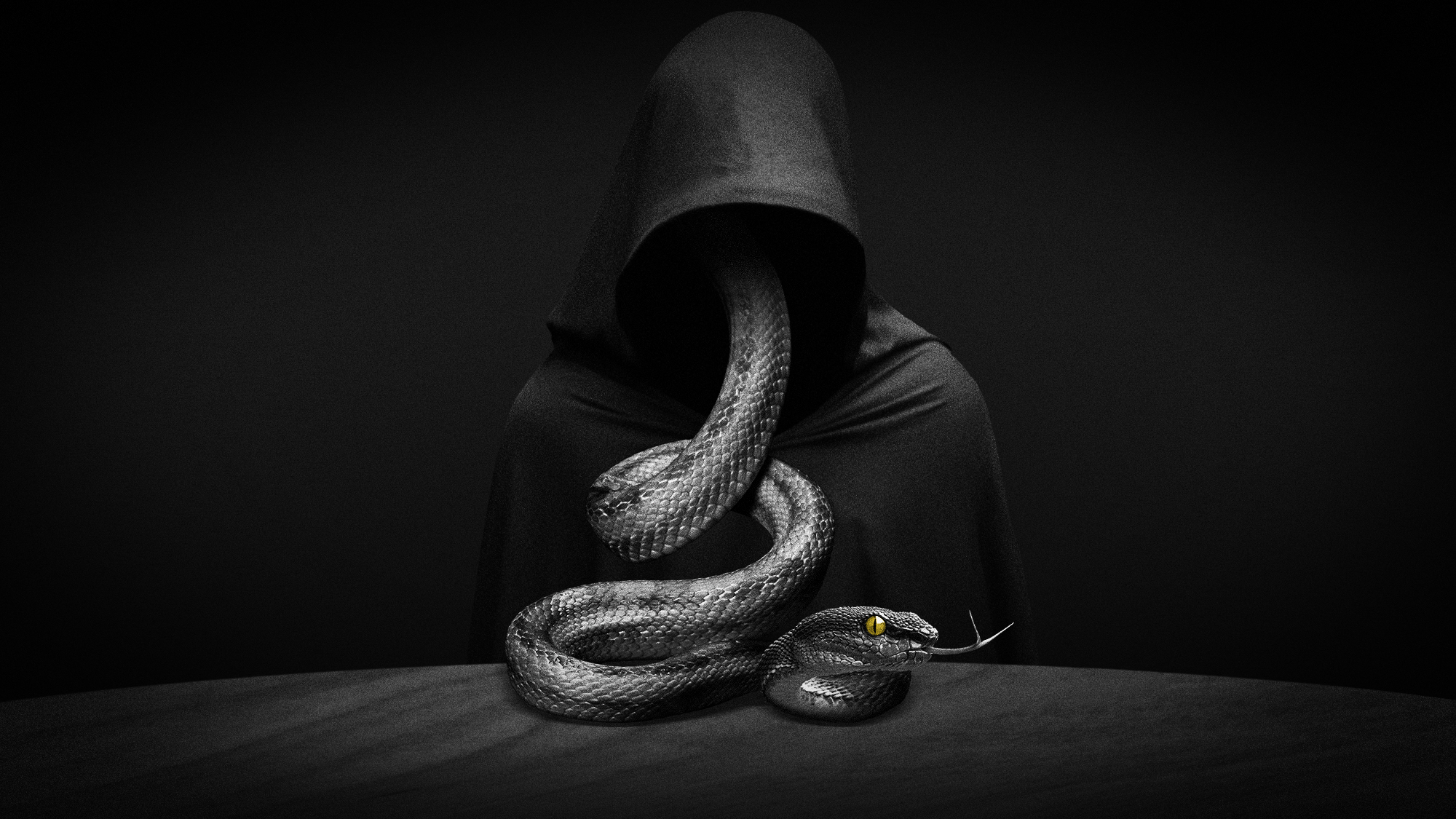 Why are we so obsessed with The Traitors?
Why are we so obsessed with The Traitors?In the Spotlight It's the BBC's most scheming, manipulative and treacherous show – and viewers can't get enough
-
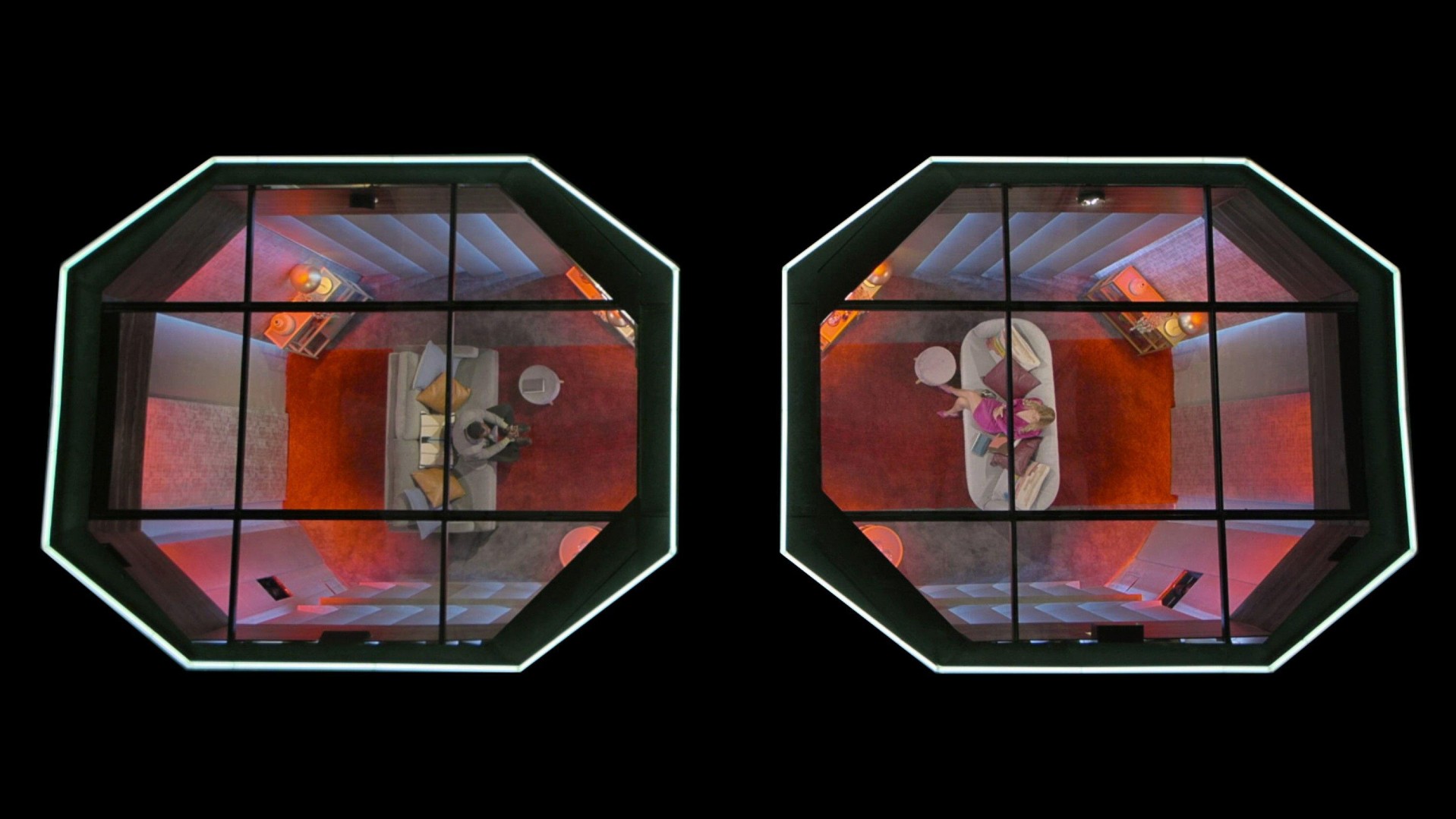 The complaint that could change reality TV for ever
The complaint that could change reality TV for everIn the Spotlight A labour complaint filed against Love Is Blind has the potential to bolster the rights of reality stars across the US
-
 TV to watch in December, from 'Squid Game' to 'Paris & Nicole'
TV to watch in December, from 'Squid Game' to 'Paris & Nicole'The Week Recommends A pulpy spy thriller, the reunion of Paris and Nicole and a new season of 'Squid Game'